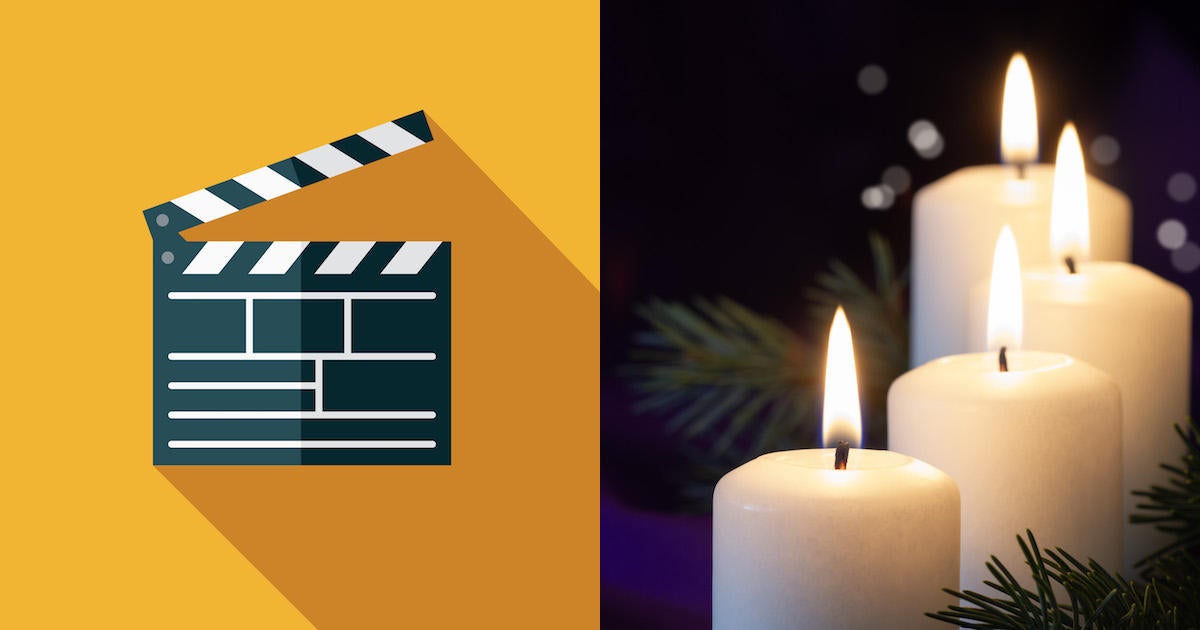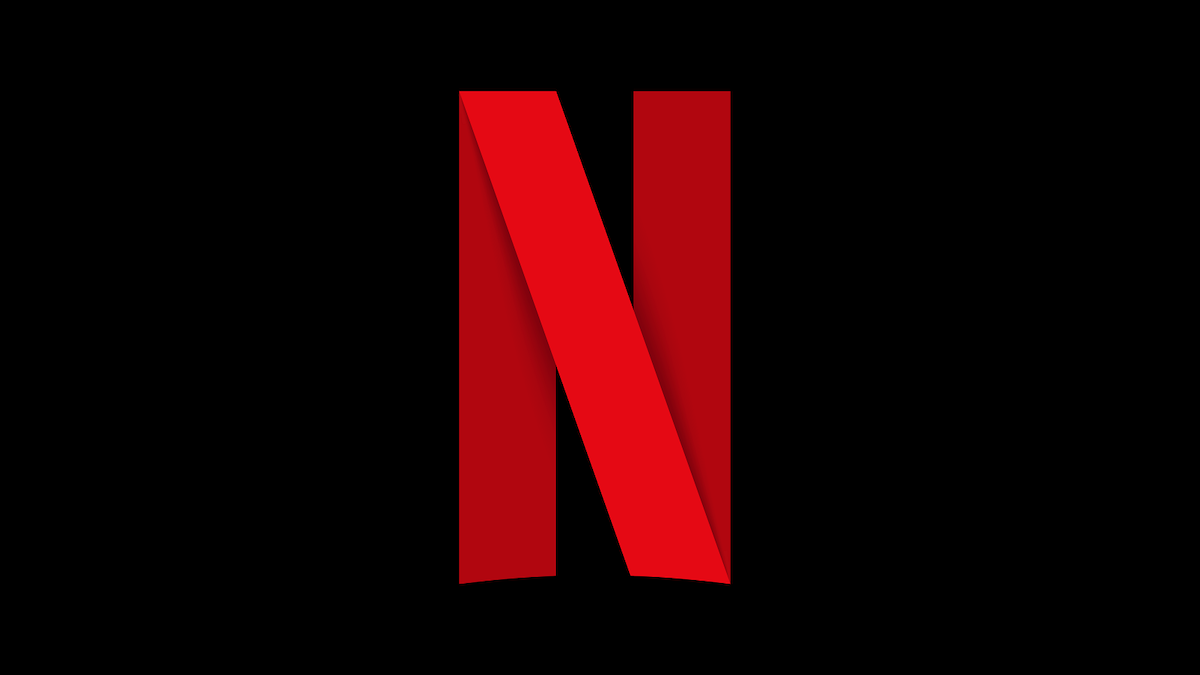How the Sony Hack Changed Hollywood
The Hollywood Hack examines a rare moment in American history when the worlds of showbiz, politics, the media, and technology all collided. You can listen to Episode 1 of the three-part series on the Big Picture feed. Below, host Brian Raftery reflects on his personal entanglement in the story.
On the morning of December 16, 2014, I was sitting in an office in midtown Manhattan, waiting for Seth Rogen and James Franco to show up. At the time, I was overseeing film coverage for a large digital news outlet, and the two actors were scheduled to drop by our studio to talk about The Interview, their forthcoming R-rated buddy comedy about a pair of American goofballs recruited by the CIA to assassinate a real-world figure: North Korean leader Kim Jong Un.
Though barely anyone had seen it, The Interview was already the most controversial film of the year. An early teaser, released over the summer, had drawn angry protests from the North Korean government—a response that, in turn, caused concern within the offices of Sony Pictures, which was releasing the film. Yet no one could have predicted what happened next: In November 2014, Sony’s computer servers were hacked, and hundreds of thousands of company emails were leaked over the next several months, causing a nonstop barrage of embarrassing headlines. The alleged perpetrator? None other than North Korea itself.
But the hackers hadn’t merely humiliated Sony. They’d also released a message threatening to harm the company’s employees and their families. As the fallout from the hack continued, The Interview began to seem downright radioactive. A movie full of dick and poop jokes had jeopardized the existence of an entire studio—and, possibly, the safety of the thousands of people who worked for it.
So when Franco and Rogen began an extensive New York City press tour right before the film’s release, nobody knew what to expect. And on that morning in December, as my colleagues prepped for the stars’ arrival, I kept getting reassurances from Sony that the interview about The Interview was, in fact, going to happen: We’re still on … the guys are just running a bit behind … they’re in a car now, heading your way …
As we waited in the office, though, news broke that the Sony hackers had released another ominous statement—one that threatened to attack theaters that showed the film. “Remember the 11th of September 2001,” it warned. “We recommend you to keep yourself distant from the places at that time.”
It was yet another twist in the story of the Sony hack. Within minutes, we were told that our time with Rogen and Franco was canceled. And we weren’t alone: Soon, their entire press tour would be nixed. And by the next afternoon, the studio announced that The Interview wouldn’t be coming to theaters at all—a decision that would be reversed in the days ahead. By the time the holidays had ended, the strange (and still unresolved) saga of The Interview was over—at least, as far as most Americans were concerned. It simply felt like it was time to move on.
I thought a lot about that weird morning back in 2014 as I worked on The Hollywood Hack, a new three-part Ringer podcast that debuts today on the Big Picture feed. I’d been witness to a rare moment in American history—one when the worlds of showbiz, politics, the media, and technology all collided. Yet, back in 2014, it all unfolded so quickly that I never quite appreciated what the long-term effects of the Sony hack would be.
In the past few years, though, it’s become clear that the cyberattack on Sony Pictures was one of the most stealthily seismic moments of the 2010s. The fallout from the hack had a massive impact on how we view Hollywood—and on the kinds of movies that get released by big studios.
So over the past few months, I interviewed several people whose lives were affected (and, in many cases, upended) by the hack. That includes multiple former Sony employees who told me what it was like to have their professional and personal lives put at risk by the hackers. It also includes Dan Sterling, who cowrote The Interview—and watched it blow up in ways he could never have predicted. I even spoke with a former Department of Justice official who helped oversee the government’s response to the hack. (One of the first tasks was explaining the plot of The Interview to then-president Barack Obama.)
You’ll hear all of their stories in The Hollywood Hack, which reexamines the wild account of both the Sony hack and the battle over The Interview—while also making the case for the incidents’ importance to our moviegoing lives in 2024. And while this is weighty subject matter, I assure you: The show is also a lot of fun! I mean, there’s an entire subplot about an abandoned Alf movie, and at one point, someone tells a story about a beloved comedy figure getting pepperoni stuffed up his butt. Enjoy the show, and feel free to email me with your thoughts—though don’t be surprised if your message winds up being hacked down the road, once The Interview 2 gets underway.
Host: Brian Raftery
Producers: Devon Baroldi, Brian Raftery, and Vikram Patel
Sound Design: Devon Renaldo
Mixing and Mastering: Scott Somerville
Subscribe: Spotify / Apple Podcasts







